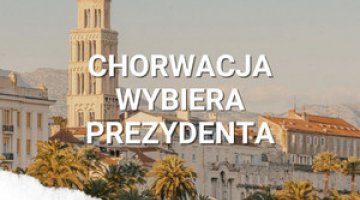Croatia, Serbia and Slovenia are tightening trilateral co-operation
The heads of government of Croatia and Slovenia and the president of Serbia signed a memorandum regarding economic co-operation in other countries on 1 April in Smederevo, Serbia. Another meeting of the leader of these post-Yugoslavian republics signifies their will to intensify co-operation although some bilateral disputes between them remain unresolved.
The meeting of Croatia’s prime minister, Jadranka Kosor, Slovenia’s prime minister, Borut Pahor and Serbia’s president, Boris Tadić, was a reference to the talks they held last year in Ptuju in Slovenia. In effect of the commitments they made last year, a railway joint venture has been established in order to improve the competitiveness of transit via the X Transport Corridor (Salzburg–Thessalonica), which runs partly through Slovenia, Croatia and Serbia. This time, during the informal summit in Smederevo, a memorandum on bringing economic co-operation closer together on third-country markets was signed. A potential area of co-operation is for example the modernisation of M-84 tanks, which Yugoslavia sold to Kuwait in the early 1990s.
The meeting of the three leaders was also held to show that, despite the unresolved problems in bilateral relations (including the Slovenian-Croatian property dispute and the suits brought by Serbia and Croatia against one another to the International Court of Justice), these countries want to develop economic co-operation and are striving for integration of the entire Balkan region with the EU.
Slovenia, being the only EU member state in this area, wants to play the role of a specialist in Balkan affairs in the EU. At the same time, the Balkans are the main area of economic expansion for Slovenian firms. <grosz>





